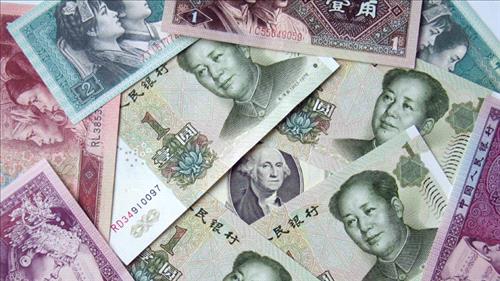Ammon News - MOSCOW (Russia Today) - Research from Germany's Deutsche Bank shows emerging markets are in better positions now than they were in 2008 to withstand external shocks.
Back in 2008, emerging markets coped with the effects of the global financial crisis without "structural damage," although a small number of countries received liquidity support from the International Monetary Fund, Deutsche Bank’s emerging markets analyst Markus Jaeger says in the survey.
They adjusted to shocks to their capital and current accounts by currency depreciation, liquidity support from central banks and by the contraction of their economies.
The banks’ economists analysed countries’ external financing requirements (EFR) to study their exposure to a sharp slowdown in capital flows. EFR shows the ratio of short-term debt, medium-and long-term debt amortizations and the current account in relation to foreign exchange reserves. Generally, EFR below 100 percent mean the country is able to withstand external shocks while those above vulnerability.
Judging by EFR, South Korea, Poland and South Africa have much stronger positions now compared to 2008, while India and Indonesia have "slightly weaker, but still solid, positions," according to Deutsche Bank.
China and Russia showed the best results with EFR ratio below 50 percent. In addition, the two countries have a surplus in their current accounts and short-term debt of the two countries is less than half of the state reserves, according to the survey
The only developing country that is not prepared for the crisis is Turkey – its need for foreign financing has grown since 2008 and is now more than 100 percent of FX.
Overall, emerging markets are more solid than they were five years ago, as many have put in place regulations that limit the extent to which banks can run foreign currency risks, according to Markus Jaeger.
The study supports the Russian authorities when they say Russia is ready for the crisis. Russian President Vladimir Putin said that the "safety margin" of the Russian economy is formed by high oil prices and large state reserves. Russia’s foreign exchange reserves are the fourth largest in the world topping $515bn, Reuters reports.
